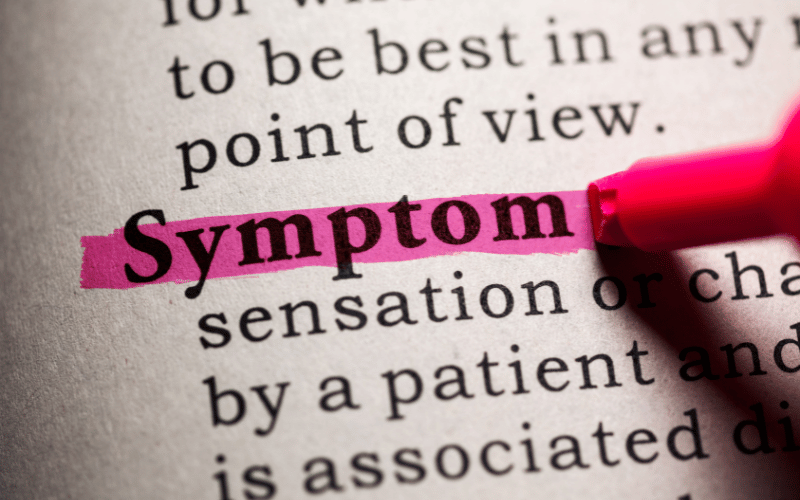Fact 3: Symptoms and Early Signs

Discussing symptoms and early signs of oral cancer, we’re diving into a realm where subtlety often reigns supreme. Think of a persistent mouth sore, one that refuses to heal. While it might seem innocuous, it could be a forewarning. Similarly, unexplained oral bleeding or persistent numbness might be easily attributed to other minor dental issues. But herein lies the danger; these are often the stealthy manifestations of oral cancer.
Oral discomfort, lumps or rough spots, and even subtle changes in oral coloration can be significant indicators. Pain isn’t always the initial symptom, which can further delay a diagnosis. This is why oral self-examinations, as mundane as they might sound, can be pivotal.
Then there’s the difficulty in swallowing or chewing. These challenges could arise from localized tumors hindering normal oral functions. Even voice changes, which might be brushed off as a cold symptom, could be indicative of malignancies, especially if they persist.
Furthermore, while weight loss is often celebrated, unanticipated and rapid weight loss combined with persistent oral symptoms could be a cause for concern. Similarly, ear pain, which might seem unrelated to oral health, could be reflective of advanced oral malignancies.
In wrapping this up, the subtle dance of oral cancer symptoms mandates keen observation. It underscores the significance of understanding our bodies, regular check-ups, and immediate medical consultations when something seems amiss. Because in the world of oral cancer, it’s often the silent signs that speak the loudest. (3)